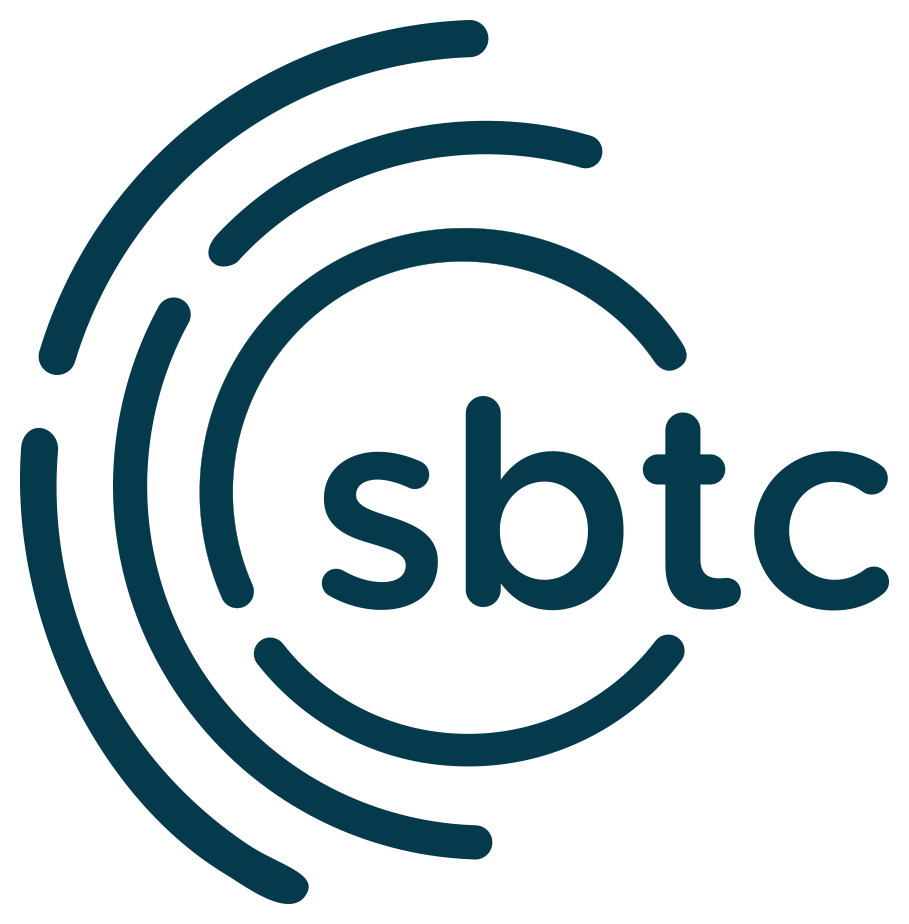Take yourself back. It was the summer of 2021, and you had finally made it past what was likely one of the hardest years of ministry with shelter-in-place, endless Zoom calls and the disruption of your ministry. Ahead stretched the new light of the 2021-2022 school year where things would start getting back to normal. If you’re anything like me, the hopeful stirring within you of a new year in ministry inevitably led you to one place: the whiteboard.
Maybe it wasn’t a literal whiteboard; maybe it was an iPad, a group-document, or a stone tablet (you do you), but odds are you sat down to dream, to plan, and most importantly, to pray for God to do something amazing this year. Can I ask you an honest question? Here at the end of the fall 2021 semester when you look back over those hopeful aspirations laid across your systematically messy whiteboard, how are you doing? Did you start those new community groups? Did you work out that leadership pipeline? Is your discipleship program back on track?
Hopefully you have been able to tackle and achieve many of the items littered around your whiteboard. Maybe you’ve struggled to get some of them to migrate from theory to practice. Perhaps life has happened in an unexpected way and you’re just glad the semester is over. Hear me: God has poured his power and provision over you and your ministry in each of those situations.
So, regardless of where you’re at and how you’re doing at accomplishing those whiteboard plans, here are two important truths to remember:
1. The purpose behind your plans is the discipleship of students.
One of my favorite lessons to teach college students is the Great Commission. More specifically, I love teaching them about the grammar of Jesus’ command (I’m a nerd, I know, but stick with me.)
Matthew 28:19-20: “Go, therefore, and make disciples of all nations, baptizing them in the name of the Father and of the Son and of the Holy Spirit, teaching them to observe everything I have commanded you. And remember, I am with you always, to the end of the age.”
I typically start by asking them what the verb in this passage is. Most say, “Go!” I tell them that in the original language the verb is actually “make disciples” and the word “go” is a participle.
A better translation of the Great Commission is “While you are going, make disciples.” Jesus says this because he already assumes we are going. So while we go, we make disciples in our wake. This is encouraging to college students who feel they don’t have time to disciple someone, but I think it also may prove encouraging to college ministers too.
When you sat down to make your 2021-22 plans, what was the subtext of all your planning? Hopefully the answer is the discipleship of students. Why implement a new community group model? To disciple students. Why bring on more leaders? To disciple students. Why spend far too much money on pizza? To disciple students.
However much or little you feel like you’ve done this semester, if you have discipled students, you are doing exactly what you are called to do in your ministry.
2. God isn’t calling you to success but to obedience.
This point always hits home for me: I’m a perfectionist. I want to be the best at what I do. I want to be a model for others—in my personal life but also in my ministry. But one of the most freeing moments in my growth in Christ came when I took another look at the Parable of the Talents in Matthew 25. We know the story well: A master gives his three servants money to invest while he’s gone. When he arrives home, two of the servants have accomplished the task while one was afraid and did nothing.
You know what I recently noticed? The master’s response is the same to both the servant who was given five talents and the servant who was given two talents. To the servant who made the master five talents, the master exclaimed, “Well done, my good and faithful servant! You were faithful over a few things; I will put you in charge of many things. Share your master’s joy!” To the servant who made the master two talents, the master exclaimed, “Well done, my good and faithful servant! You were faithful over a few things; I will put you in charge of many things. Share your master’s joy!”
The master’s response seems to fly in the face of our contemporary notion of success, doesn’t it? Shouldn’t the one who was entrusted with more money be given a greater reward and be put in charge of many things while the one who was entrusted with less money should be given a comparable reward of overseeing just some things? In this parable, I think we can see Jesus’ heart and perspective on what’s important: obedience.
Jesus, the Master, is calling for your obedience in the ministry he’s entrusted to you. Our notion of success is a man-made idea that fuels competition, obsession, shame, comparison and ultimately burnout. Maybe you’ve crossed off every item on your whiteboard plans. Great. You were faithful over a few things and God will continue to give you more, so share your master’s joy. Maybe you have struggled through these past few months and are feeling discouraged that you haven’t done all that you wanted to accomplish. But if you have been faithful to teach God’s Word, make disciples, and love students—great. You were faithful over a few things and God will continue to give you more, so share your master’s joy.
So the semester has ended. It’s likely been wild, weird and wonderful all at once. Wherever you find yourself as the semester concludes, be thankful, remember your calling, breathe, rest and make some great plans for the upcoming spring semester that will continue to make your ministry obedient to discipling students. Through all of it, I encourage you to be near Jesus—his heart, his word, his goodness and grace.







